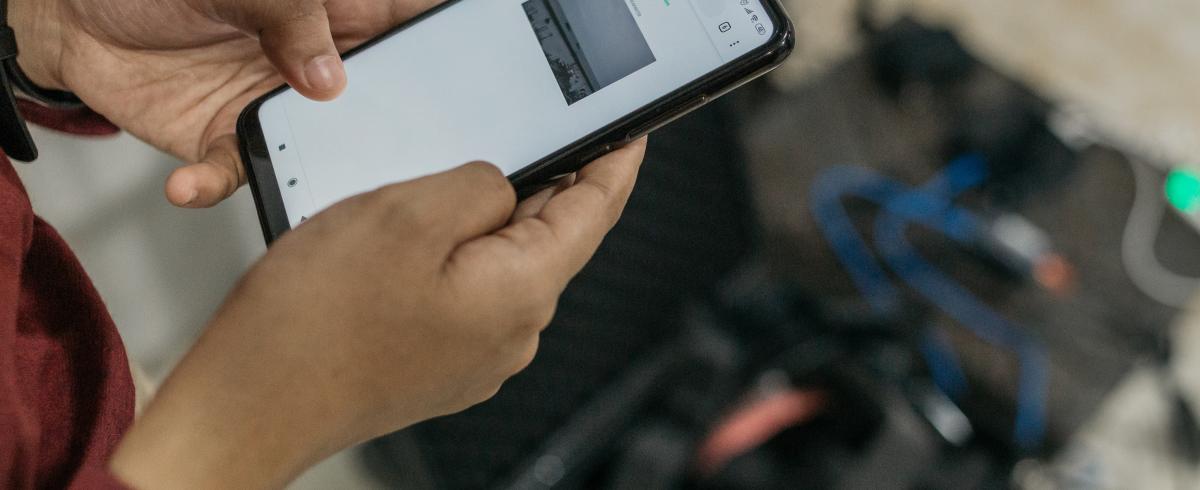Five core functions of traceability technology
Through years of engagement with seafood businesses and technology companies, Future of Fish has developed five core business functions of traceability technology. All five must be in place in order to address seafood’s social and environmental ills effectively. Not only must robust end-to-end traceability track products on a batch-level basis, but it also must provide a level of corporate transparency at each step in the chain. Here are the five core functions:

